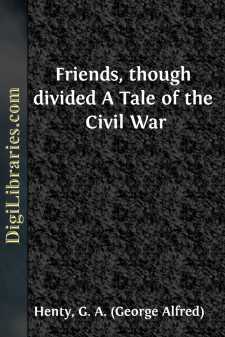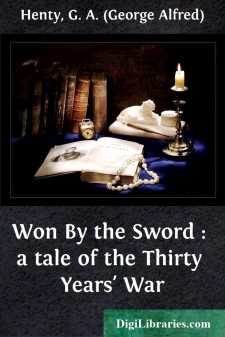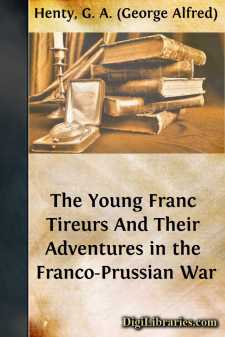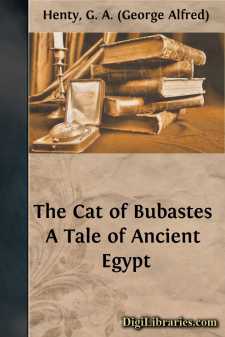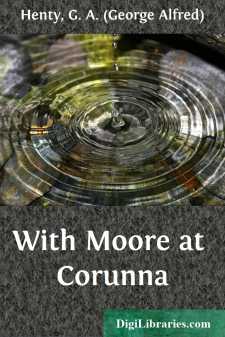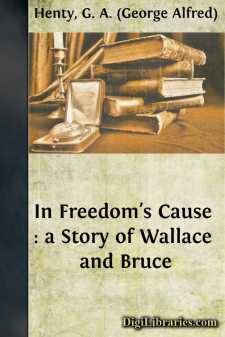Categories
- Antiques & Collectibles 13
- Architecture 36
- Art 48
- Bibles 22
- Biography & Autobiography 816
- Body, Mind & Spirit 145
- Business & Economics 28
- Children's Books 18
- Children's Fiction 14
- Computers 4
- Cooking 94
- Crafts & Hobbies 4
- Drama 346
- Education 58
- Family & Relationships 59
- Fiction 11831
- Foreign Language Study 3
- Games 19
- Gardening 17
- Health & Fitness 34
- History 1378
- House & Home 1
- Humor 147
- Juvenile Fiction 1873
- Juvenile Nonfiction 202
- Language Arts & Disciplines 89
- Law 16
- Literary Collections 686
- Literary Criticism 179
- Mathematics 13
- Medical 41
- Music 40
- Nature 179
- Non-Classifiable 1768
- Performing Arts 7
- Periodicals 1453
- Philosophy 66
- Photography 2
- Poetry 897
- Political Science 203
- Psychology 45
- Reference 154
- Religion 516
- Science 126
- Self-Help 86
- Social Science 82
- Sports & Recreation 34
- Study Aids 3
- Technology & Engineering 59
- Transportation 23
- Travel 463
- True Crime 29
Our website is made possible by displaying online advertisements to our visitors.
Please consider supporting us by disabling your ad blocker.
Friends, though divided A Tale of the Civil War
Description:
Excerpt
CHAPTER I.
THE EVE OF THE WAR.
It was a pleasant afternoon in the month of July, 1642, when three young people sat together on a shady bank at the edge of a wood some three miles from Oxford. The country was undulating and picturesque, and a little more than a mile in front of them rose the lofty spire of St. Helen's, Abingdon. The party consisted of two lads, who were about fifteen years of age, and a girl of ten. The lads, although of about the same height and build, were singularly unlike. Herbert Rippinghall was dark and grave, his dress somber in hue, but good in material and well made. Harry Furness was a fair and merry-looking boy; good humor was the distinguishing characteristic of his face; his somewhat bright and fashionably cut clothes were carelessly put on, and it was clear that no thought of his own appearance or good looks entered his mind. He wore his hair in ringlets, and had on his head a broad hat of felt with a white feather, while his companion wore a plain cap, and his hair was cut closely to his head.
"It is a bad business, Harry," the latter said, "but, there is one satisfaction that, come what may, nothing can disturb our friendship. We have never had a quarrel since we first met at the old school down there, six years ago. We have been dear friends always, and my only regret has been that your laziness has prevented our being rivals, for neither would have grudged the other victory."
"No, indeed, Herbert. But there was never a chance of that. You have always been Mr. Gregory's prize boy, and are now head of the school; while I have always been in his bad books. But, as you say, Herbert, we have been dear friends, and, come what will, we'll continue so. We cannot agree on the state of the kingdom, and shall never do so. We have both taken our views from our parents; and indeed it seems to me that the question is far too difficult a one for boys like us to form any opinion of it. When we see some of the best and wisest in the land ranging themselves on either side, it is clear that even such a wise noddle as yours—to say nothing of a feather brain like mine—cannot form any opinion on a subject which perplexes our elders and betters."
"That is true, Harry; but still—"
"No, no, Herbert, we will have no argument. You have the best of it there, and I fall back upon authority. My father, the colonel, is for the king; yours for the Parliament. He says that there are faults on both sides, and indeed, for years he favored the Commons. The king's acts were unconstitutional and tyrannical, and my father approved of the bold stand which Sir George Elliot made against him. Now, however, all this has been changed, he tells me, and the Commons seek to rule without either king or peers. They have sought to impose conditions which would render them the lords absolute of England, and reduce the king to a mere puppet. They have, too, attacked the Church, would abolish bishops, and interfere in all matters spiritual. Therefore, my father, while acknowledging the faults which the king has committed, and grieving over the acts which have driven the Parliament to taking up a hostile attitude to him, yet holds it his duty to support him against the violent men who have now assumed power, and who are aiming at the subversion of the constitution and the loss of the country."
"I fear, also," Herbert said, "that the Commons have gone grievously beyond their rights, although, did my father hear me say so, I should fall under his gravest displeasure....


